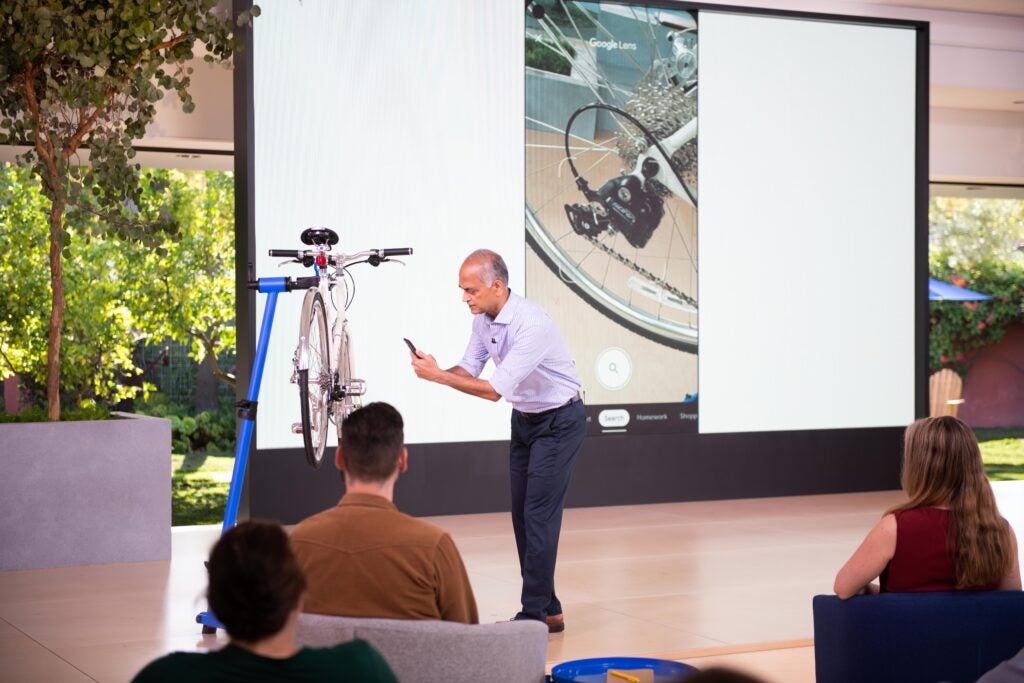It’s 2 a.m. and you’re saddled up on the couch binge watching Hallmark movies. You’re wide awake for no reason at all; or maybe you just can’t stop thinking about your to-do list. Whatever the reason, come 7 a.m. you feel like you’ve been hit by a truck. Your mouth is dry, you’re fatigued, annoyed and wondering how in the world you’re going to get through the day ahead. But experts contend that a few easy tips can make recovering from a sleepless night much less painful.
Neurologist and sleep medicine physician Jeffrey Drumer says when we’re awake for too long, the body collects an excess of adenosine, a neurochemical found in the cerebrospinal fluid in the brain and spinal cord that activates the body’s sleep systems once it reaches a certain concentration. When we fall asleep normally, the adenosine is reabsorbed into the body. But when we haven’t slept properly, it’s still hanging around making us feel drowsy the next day. Still, says Durmer, that doesn’t mean you should indulge in an hours long midday snoozer.
“When you have a sleepless night, the drowsiness can be overwhelming, but unless you need to for safety reasons, try not to nap,” says Durmer.
A short 30 minute nap is fine, but anything longer diminishes the adenosine. Come bedtime, you’re not ready for sleep. Ideally, after a sleepless night, says Durmer, you want to have enough adenosine built up by bedtime that your body rebounds into a deeper, longer, non-REM sleep. Not only does this help reabsorb any excess adenosine, it’s also when your body makes anti-inflammatory and growth hormones to repair and restore itself for the day ahead. This helps us fully recover from a sleepless night.
Caffeine and Adenosine
And though you may feel like you’re dragging, try to avoid mindlessly drinking caffeine throughout the next day in an effort to keep yourself alert. That’s because caffeine lasts an average of 6 to 8 hours in the brain. And if you’re drinking it into the afternoon, one bad’s night sleep may turn into a few.
“Caffeine is an adenosine antagonist, so while it’s fine to have a little bit first thing, drinking it outside of the morning can disrupt your ability to get to sleep the next night as well,” says Durmer.
What’s more, when it comes to staying on your sleep schedule, no matter how tired you are, try and wake up at the same time each morning. According to Durmer, research shows that it’s not what time you go to bed that matters, but the time that you wake up every morning. So if you need to go to bed a little early to catch up, that’s fine; but try and avoid sleeping in the next morning.
Down in the Dumps After a Sleepless Night
Soomi Lee, a professor of aging studies at the University of South Florida, agrees. She says trying to play catch up when you didn’t get enough sleep the night before causes irregularity in the body’s sleep cycle, which can actually lead to more sleepless nights. Lee says that waking up and getting out in the light can help regulate your sleep/wake cycle. Plus, it makes you feel better overall.
After a sleepless night, your body attempts to conserve energy, making you feel sluggish. But forcing yourself to get moderate exercise, says Lee, especially outdoors, can improve mood. And after a sleepless night, you may need that mental boost more than ever. Just one night of bad sleep can immediately cause negative mental health ramifications, including feelings of sadness, anxiety and depression, according to a study by Lee published in the Annals of Behavioral Medicine in 2021.
Other research has shown that short sleep duration is associated with “significantly lower levels of parasympathetic activity and/or higher levels of sympathetic activity during daytime.” This means that your autonomic nervous system is stuck in fight or flight mode, making you feel overly anxious. But doing what you can to improve your mood through exercise, yoga and meditation can help, says Lee. Also, understanding that your brain isn’t functioning at peak can keep you from sinking too low when you’re exhausted. Try to realize that this isn’t your normal brain talking — it’s your sleepless brain, and these feelings will pass.
Additionally, Lee says you should drink ample water because when you don’t sleep, your cells end up working overtime, increasing thirst and your risk of dehydration. “Drinking more water than you normally would can help you feel better, as can eating smaller meals more frequently to keep your blood sugar steady throughout the day,” says Lee. “When you’re already feeling fatigued, a huge dip in blood sugar can make the problem much worse.”
Both Durmer and Lee contend that it’s crucial to try to keep one restless night from turning into many. When you’re overcompensating because you feel exhausted, you may want to succumb to the urge to nap and drink coffee all day — things that can keep sleep at bay when you need it the most. But luckily, says Durmer, we’re pretty good at naturally keeping our sleep/wake cycles in check. In fact, we’re built for sleep. “Our body’s sleep systems are pretty automatic,” he says. “We just need to get out of the way and let them work.”
Note: This article have been indexed to our site. We do not claim legitimacy, ownership or copyright of any of the content above. To see the article at original source Click Here













